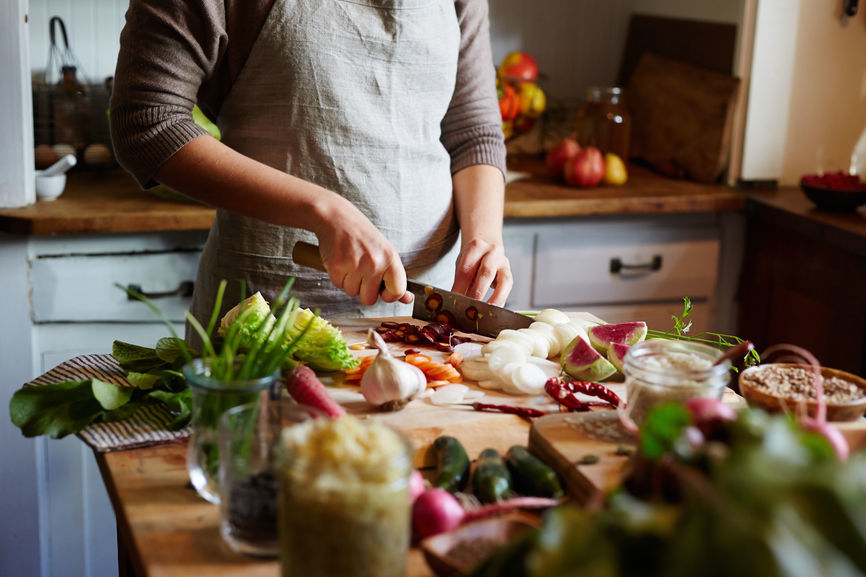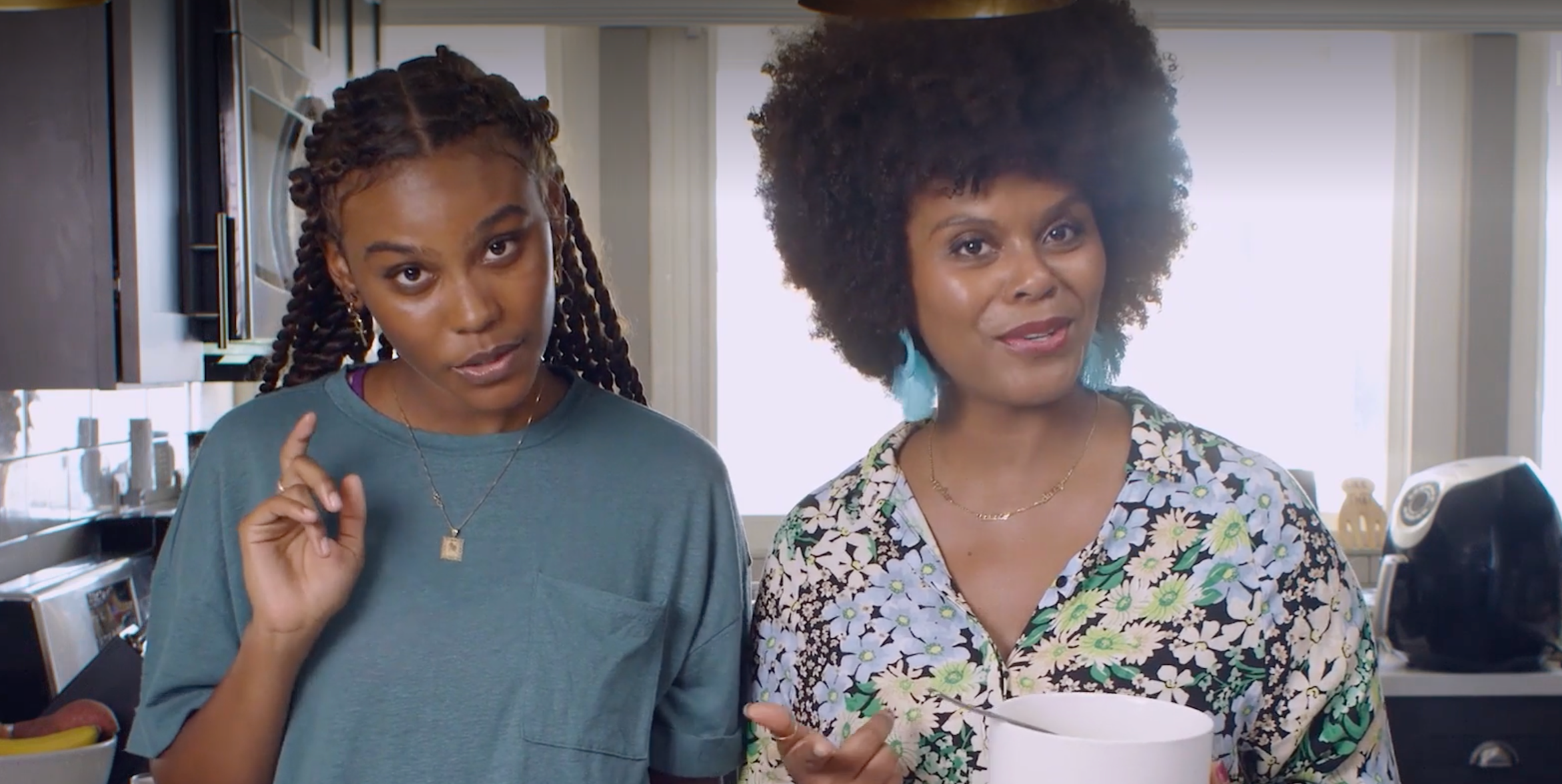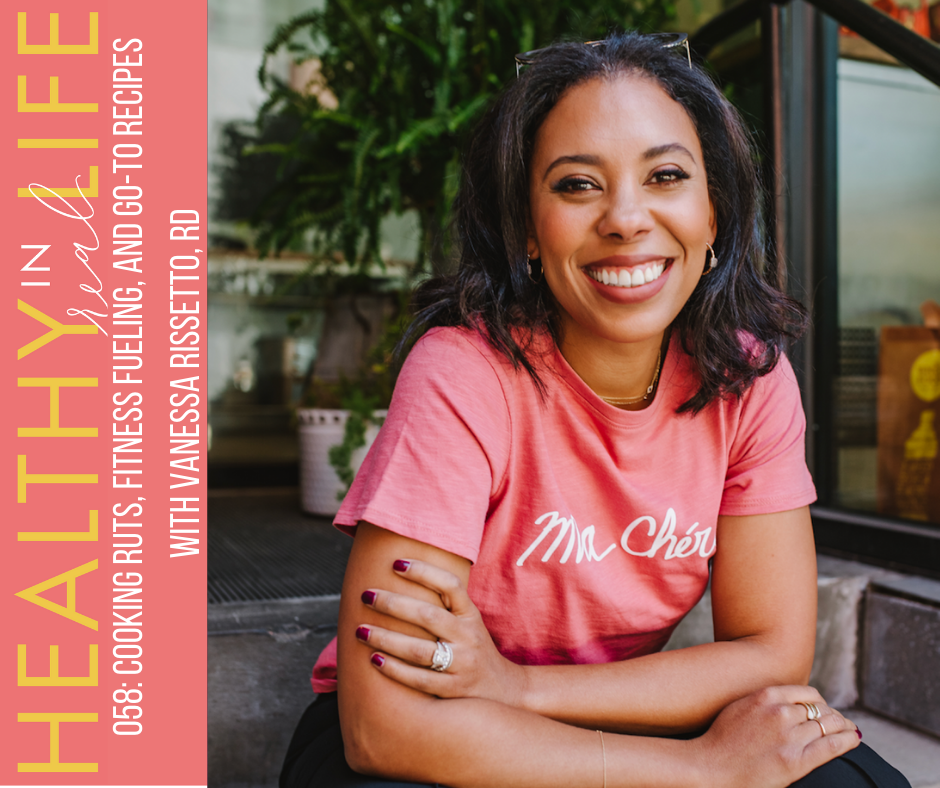
September 18, 2019 at 06:35PM by CWC
When it comes to wellness, the roughly 206 bones in our body tend to get short shrift—at least in terms of air time. We talk endlessly about our skin, microbiome, muscles, vaginas, etc., but the foundation of it all (i.e., your skeleton) gets little attention. Still, bone health is important, especially for women as bone density decreases after menopause. A loss in bone density can lead to osteoporosis which, in turn, can cause bones to fracture, thereby decreasing mobility. This isn’t a niche occurrence. According to the National Osteoporosis Foundation, 1 in 2 women over age 50 will experience bone breakage as a result of the disease.
As with all illnesses, the key is prevention. It’s important to pay attention to your bone health now, whether you’re anywhere near the mid-century mark or not. Stephen Honig, MD, rheumatologist and director of the osteoporosis center at NYU Langone Health, tells me this is accomplished with exercise (particularly of the strength-training variety) and by incorporating foods for strong bones into your diet, though this doesn’t account for the whole picture.
To begin with, your bone mass is 80 percent determined by genetics and the rest is influenced by environmental factors like diet and exercise. The relatively small percentage is then disproportionately affected by what happens in your teenage years, explains Dr. Honig, during which time it’s mission critical to get adequate amounts of bone-building calcium and vitamin D. This is because one does not work, for the purpose of strengthening bones, without the other (at any time in life). “When you take vitamin D, it undergoes a series of conversions in the body, but ultimately the active form of vitamin D binds to a vitamin D receptor in the intestine, and that is required for calcium to be absorbed from the intestine into the blood stream,” Dr. Honig explains.
ADVERTISEMENT
ADVERTISEMENTKate Spade Autumn/Winter Sale |
So you need not only sources of calcium in your diet, but also vitamin D if the calcium is going to do its job. Meanwhile, you’ll want to avoid taking iron supplements, or even eating iron-rich foods, while trying to absorb calcium, as iron and calcium inhibit each others absorption, explains Monica Auslander Moreno, MS, RD, LD/N, a nutrition consultant for RSP Nutrition. Dr. Honig agrees, and cautions against taking iron pills with calcium; however, he admits that the average person is not likely to run into absorption problems if their calcium intake occurs via their diet.
With all of that science mumbo jumbo out of the way, let’s dive into the belly of the beast.
ADVERTISEMENT
ADVERTISEMENTSports Direct Free Delivery on All Orders! |
These are the most important foods for strong bones
1. DAIRY
In the era of alt-milk mania (almond, three-nut, soy, oat, banana, sesame, etc.), the belief that cow’s (or camel’s?) milk is critical for building strong bones seems quaint; however, there may be something to it, according to Dr. Honig and Moreno. The former says milk is a good source of absorbable calcium, as are other sources of dairy. These, according to Moreno, include Greek yogurt, cheese, cottage cheese, and kefir.
ADVERTISEMENT |
2. PROTEIN
Dr. Honig tells me that he and his colleagues recommend protein for osteoporosis patients, as there is some evidence that high-protein diets are important for bone health. Moreno recommends getting your protein dose from sardines and anchovies, as they’re rich in calcium and vitamin D as well. Less ideal would be a steak, as its iron content could impede calcium absorption.
3. FOODS ASSOCIATED WITH THE MEDITERRANEAN DIET
Okay, maybe it’s not quite accurate to say that ingesting any food classified as aligning with a Mediterranean diet will help protect your bones, but a study did find that women who adhered to the Blue Zones-approved eating plan had higher bone density than those who didn’t.
4. CRUCIFEROUS VEGETABLES
Although Dr. Honig points to some evidence that bone density in vegans is not as good as it might be in someone who follows “a more balanced diet,” he says more research is needed. There are plant foods that can go a distance to build up your bones, too. “Cruciferous vegetables like broccoli, kale, and cauliflower are high in calcium,” says Whitney English MS, RDN, for Plant-Based Juniors. That their intake has been shown to reduce fractures in post-menopausal women is yet another reason to get on board with the broccoli-everything trend, experiment with all the cauliflower gnocchi recipes, and/or really perfect the art of kale massage.
5. VITAMIN K-RICH FOODS
Bloat-inducing cruciferous veggies aren’t your only plant-based option for bone support, either. “Parsley, prunes, avocado, and kiwi are all sources of vitamin K, which also works with calcium to build strong bones,” says English.
6. UV-TREATED MUSHROOMS
Moreno further recommends adding Asian mushrooms into your diet, while English has an even more specific ‘shroom recommendation. “Mushrooms that have been exposed to sunlight or artificial light produce large amounts of the bone-health supporting nutrient vitamin D. Vitamin D regulates calcium use in the body and proper intake is essential for healthy bones. Not all mushrooms have been treated in a way to ensure vitamin D enrichment. Look for ‘uv-treated’ or ‘high in vitamin D’ on your ‘shrooms label if you’re buying from the grocery store,” says English. Also rich in vitamin D? Eggs, salmon, milk, yogurt, sardines and herring, and… the sun; however, Moreno notes that vitamin D metabolism is complex and as such, even adequate intake and sunlight can result in a deficiency.
But you should avoid alcohol
No surprises. Dr. Honig says booze is bad for your bones which, as someone who can no longer have more than two drinks without feeling like a an actual skeleton, seems like common sense.
Remember when we thought all fat was bad for you? LOL, except that you can still overdo it, even on the healthy kind. And here’s what a gastroenterologist wants you to eat for gut health.
ADVERTISEMENT

ADVERTISEMENT
Anya Hindmarch - I AM A PLASTIC BAG
Author Erin Bunch | Well and Good
Selected by CWC
ADVERTISEMENT
ADVERTISEMENTUp to 30% off Gift Sets |








